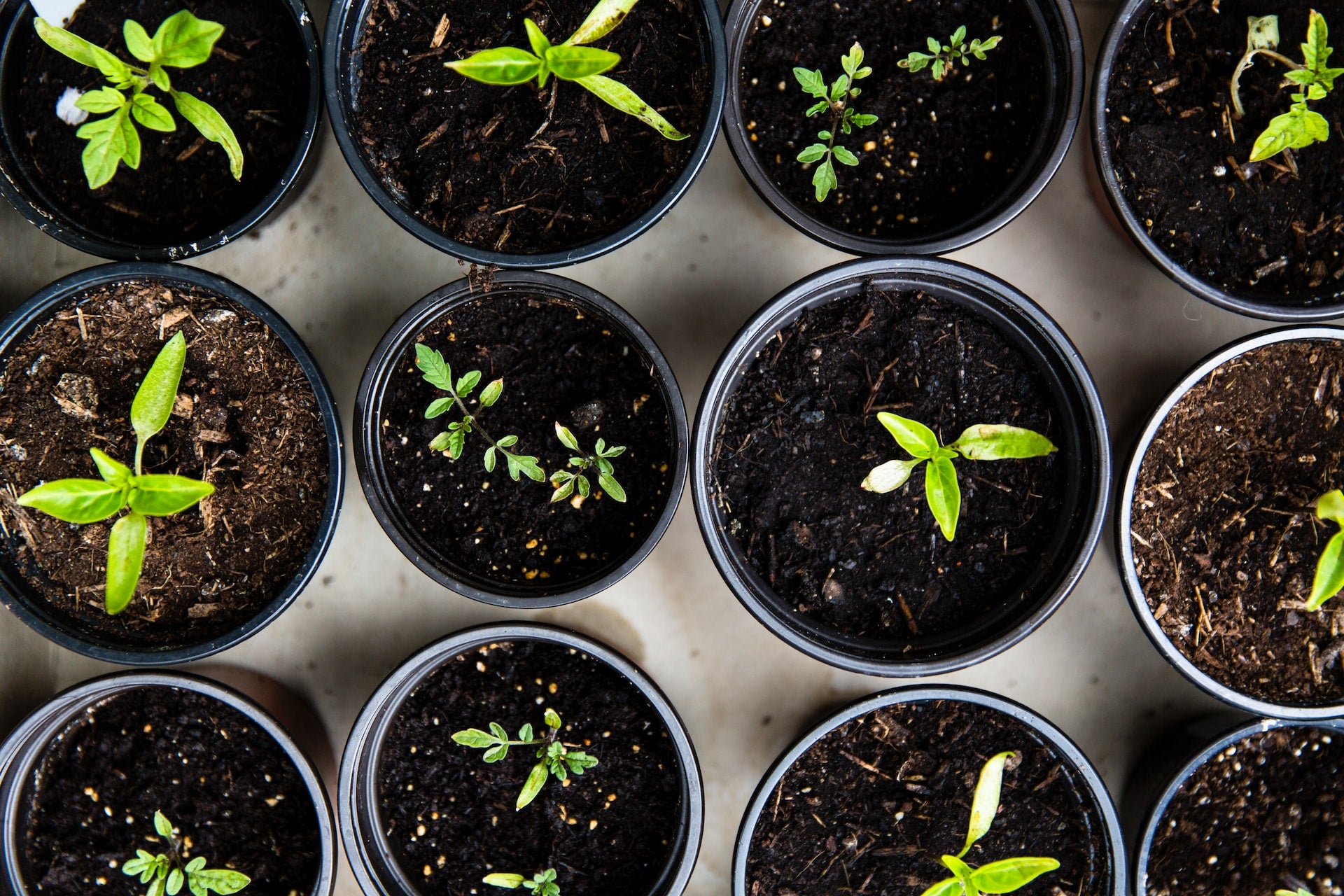Gardening is Good-- Here's Why

Gardening is the act of cultivating and growing plants, typically in a backyard or garden plot. It can involve growing vegetables, herbs, flowers, and other types of plants for decorative or practical purposes.
Gardening for the Earth
One of the major benefits of gardening is its positive impact on the environment. Growing plants can help to reduce carbon emissions by absorbing carbon dioxide from the air and releasing oxygen. In addition, gardens can provide important habitat for wildlife, such as birds and butterflies. Gardening can also help to conserve water by using drought-resistant plants and implementing water-saving techniques.
Gardening and Mental Health
In addition to its environmental benefits, gardening can also have a positive impact on mental health. Spending time in nature and working with plants has been shown to reduce stress and improve mood. Gardening can also provide a sense of accomplishment and purpose, as the work put into caring for and tending to plants can result in a beautiful and functional space.
Gardening can also be a great way to get exercise and improve physical health. It involves a variety of activities, such as digging, planting, and watering, which can help to strengthen muscles and improve flexibility.
Another benefit of gardening is the opportunity it provides to learn new skills and gain knowledge. Gardening requires attention to detail and problem-solving, as gardeners must consider factors such as soil type, sunlight, and water requirements when selecting and caring for plants. It can also be a great way to learn about different plant varieties and how to use them in cooking or natural remedies.

Getting Started
If you're new to gardening and want to get started, here are a few tips to help you get started:
-
Choose a spot: Consider the size of your space and the amount of sunlight it receives when selecting a spot for your garden.
-
Determine your goal: Do you want to grow vegetables, herbs, or flowers? Knowing what you want to grow can help you choose the right plants and layout for your garden.
-
Start small: It's okay to start small, especially if you're new to gardening. Begin with a few easy-to-grow plants and gradually add more as you gain experience.
-
Prepare the soil: Proper soil preparation is key to the success of your garden. Make sure to remove weeds and add compost or other organic matter to help enrich the soil.
-
Water regularly: Proper watering is essential for the health of your plants. Make sure to water deeply, but don't over-water, as this can lead to root rot.
Overall, gardening is a rewarding and fulfilling activity for both the environment and personal well-being. Whether you have a large backyard or a small balcony, there are many ways to get started. With a little bit of planning and effort, you can create a beautiful and functional garden that brings joy and benefits to your life.




